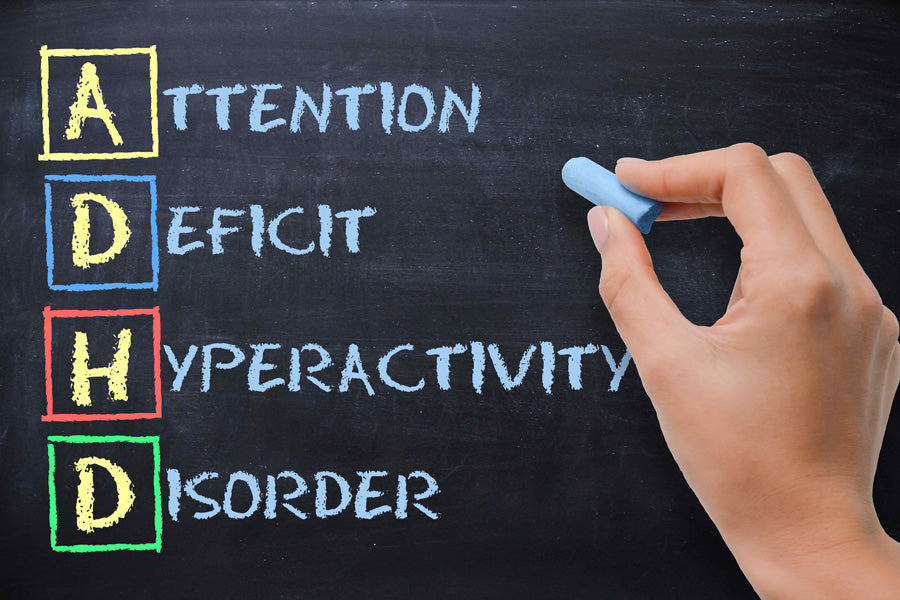A recent study published in the Journal of Attention Disorders has revealed a significant association between physical fitness and mental health in adults with attention-deficit/hyperactivity disorder (ADHD).
Research Objective: The research aimed to explore alternative treatment approaches that incorporate physical activity, as traditional pharmacotherapy for managing ADHD and comorbid mental illnesses can be challenging due to potential drug interactions and side effects.
Study Details: The study involved 85 young adults aged 18 to 35 from Canada, who completed assessments and questionnaires related to ADHD symptoms, mental health, and cardiorespiratory fitness.
Research Method: The researchers used the Conner's Adult ADHD Rating Scale (CAARS) to assess ADHD symptoms and the Depression Anxiety and Stress Scale (DASS) to evaluate mental health.
Cardiorespiratory fitness was estimated using the six-minute walk test (6MWT) and participants also reported their perceived fitness.
Findings: The findings revealed that participants with ADHD had worse mental health compared to the control group, highlighting the prevalence of mental health issues in adults with ADHD.
Higher levels of cardiorespiratory fitness were associated with lower levels of depression, anxiety, and perceived stress, particularly for individuals with milder ADHD symptoms.
Additionally, higher perceived fitness was linked to better mental health for both the ADHD and control groups, with a stronger relationship observed for individuals with ADHD.
More Research Is Required: However, it is important to note that this study was cross-sectional, and further research is needed to establish causal relationships and investigate the potential benefits of physical fitness interventions for individuals with ADHD.
The researchers suggested that there may be a bidirectional relationship between mental health and physical fitness, and randomized controlled trials should be conducted to gain a clearer understanding of this connection.
Mental Vs. Physical: While the study provides insights into the importance of physical fitness for mental health in adults with ADHD, the researchers emphasized the need to address societal factors and reduce pressures that negatively impact mental health.
The findings highlight the significance of integrating physical activity into treatment approaches for individuals with ADHD and comorbid mental illnesses.








